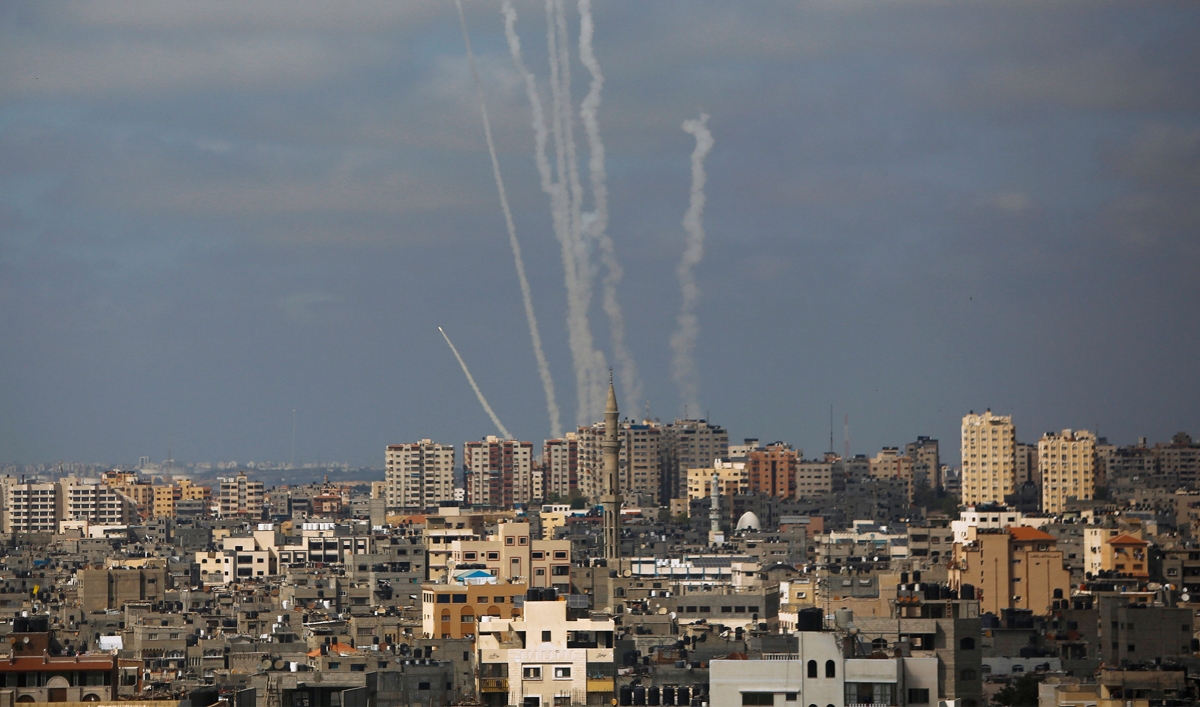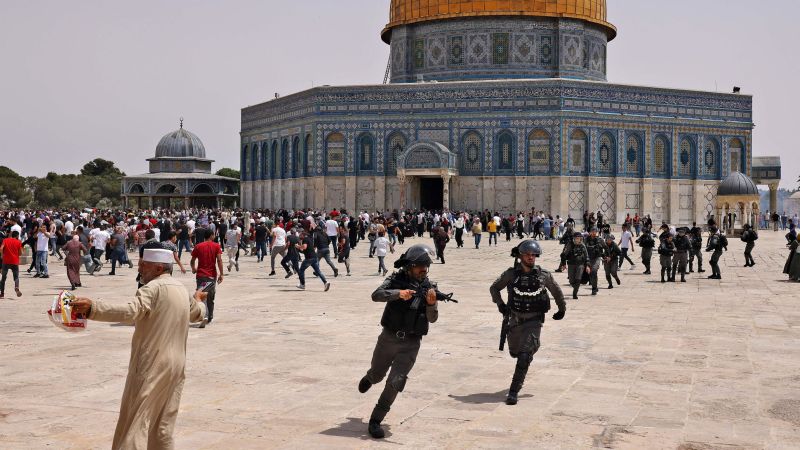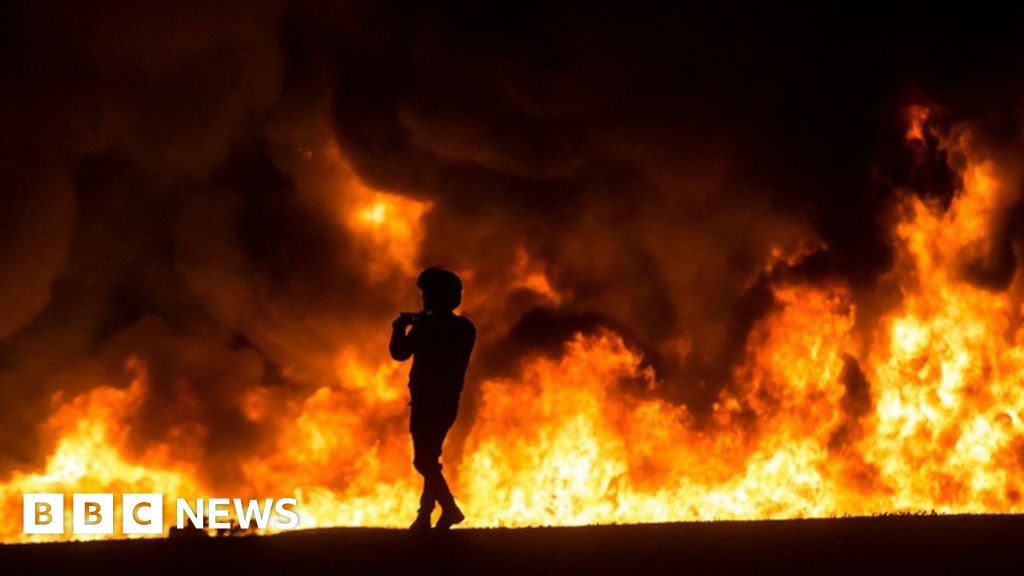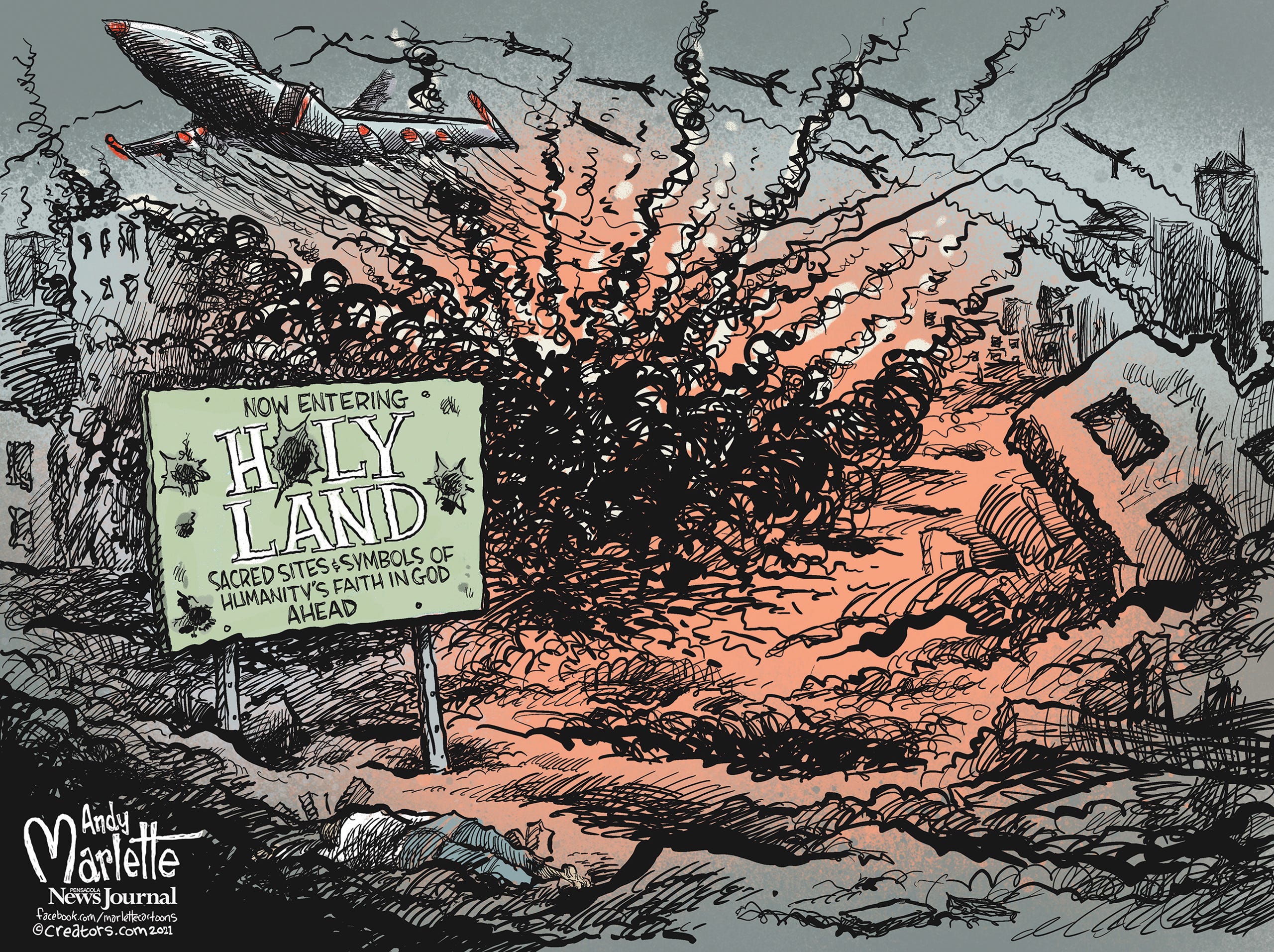hanimmal
Well-Known Member
My Ap news link is screwing up, and not 100% that "Yahoo Finance" is just pulling the story right from them or not but it looks like they did. Anyways, earlier someone posted about the water pipes being used to make rockets and thought this might be interesting.
https://apnews.com/article/ap-top-news-world-news-hamas-united-arab-emirates-dubai-4c50a826b5f4772f44a7c758aa229ae2

https://apnews.com/article/ap-top-news-world-news-hamas-united-arab-emirates-dubai-4c50a826b5f4772f44a7c758aa229ae2

DUBAI, United Arab Emirates (AP) — In this fourth war between Israel and Gaza’s Hamas rulers, the Islamic militant group has fired more than 4,000 rockets at Israel, some hitting deeper in Israeli territory and with greater accuracy than ever before.
The unprecedented barrages reaching as far north as the seaside metropolis of Tel Aviv, coupled with drone launches and even an attempted submarine attack, have put on dramatic display a homegrown arsenal that has only expanded despite the choke hold of a 14-year Israeli-Egyptian blockade of the coastal strip.
“The magnitude of (Hamas) bombing is much bigger and the precision is much better in this conflict,” said Mkhaimar Abusada, a professor of political science at Al-Azhar University in Gaza City. “It’s shocking what they’ve been able to do under siege.”
Israel has argued that the blockade — which has caused severe hardship for more than 2 million Palestinians in Gaza — is essential for preventing a Hamas arms build-up and cannot be lifted.
Here’s a look at how, despite intense surveillance and tight restrictions, Hamas managed to amass its cache.
___
FROM CRUDE BOMBS TO LONG-RANGE ROCKETS
Since the founding of Hamas in 1987, the group's secretive military wing — which operates alongside a more visible political organization — evolved from a small militia into what Israel describes as a “semi-organized military."
In its early days, the group carried out deadly shootings and kidnappings of Israelis. It killed hundreds of Israelis in suicide bombings during the second Palestinian intifada, or uprising, which erupted in late 2000.
As violence spread, the group started producing rudimentary “Qassam” rockets. Powered partly by molten sugar, the projectiles reached just a few kilometers (miles), flew wildly and caused little damage, often landing inside Gaza.
After Israel withdrew from Gaza in 2005, Hamas assembled a secret supply line from longtime patrons Iran and Syria, according to Israel's military. Longer-range rockets, powerful explosives, metal and machinery flooded Gaza’s southern border with Egypt. Experts say the rockets were shipped to Sudan, trucked across Egypt’s vast desert and smuggled through a warren of narrow tunnels beneath the Sinai Peninsula.
In 2007, when Hamas fighters pushed the Palestinian Authority out of Gaza and took over governing the coastal strip, Israel and Egypt imposed their tight blockade.
According to the Israeli military, the smuggling continued, gaining steam after Mohammed Morsi, an Islamist leader and Hamas ally, was elected president of Egypt in 2012 before being overthrown by the Egyptian army.
Gaza militants stocked up on foreign-made rockets with enhanced ranges, like Katyushas and the Iranian-supplied Fajr-5, which were used during the 2008 and 2012 wars with Israel.
___
A HOMEGROWN INDUSTRY
After Morsi's overthrow, Egypt cracked down on and shut hundreds of smuggling tunnels. In response, Gaza’s local weapons industry picked up.
“The Iranian narrative is that they kick-started all the missile production in Gaza and gave them the technical and knowledge base, but now the Palestinians are self-sufficient, said Fabian Hinz, an independent security analyst focusing on missiles in the Middle East. “Today, most of the rockets we’re seeing are domestically built, often with creative techniques.”
In a September documentary aired by the Al-Jazeera satellite news network, rare footage showed Hamas militants reassembling Iranian rockets with ranges of up to 80 kilometers (50 miles) and warheads packed with 175 kilograms (385 pounds) of explosives. Hamas militants opened unexploded Israeli missiles from previous strikes to extract explosive materials. They even salvaged old water pipes to repurpose as missile bodies.
To produce rockets, Hamas chemists and engineers mix propellant from fertilizer, oxidizer and other ingredients in makeshift factories. Key contraband is still believed to be smuggled into Gaza in a handful of tunnels that remain in operation.
Hamas has publicly praised Iran for its assistance, which experts say now primarily takes the form of blueprints, engineering know-how, motor tests and other technical expertise. The State Department reports that Iran provides $100 million a year to Palestinian armed groups.
___
THE ARSENAL ON DISPLAY
The Israeli military estimates that before the current round of fighting, Hamas had an arsenal of 7,000 rockets of varying ranges that can cover nearly all of Israel, as well as 300 anti-tank and 100 anti-aircraft missiles. It also has acquired dozens of unmanned aerial vehicles and has an army of some 30,000 militants, including 400 naval commandos.
In this latest war, Hamas has unveiled new weapons like attack drones, unmanned submarine drones dispatched into the sea and an unguided rocket called “Ayyash” with a 250-kilometer (155-mile) range. Israel claims those new systems have been thwarted or failed to make direct strikes.
The Israeli military says its current operation has dealt a tough blow to Hamas' weapons research, storage and production facilities. But Israeli officials acknowledge they have been unable to halt the constant barrages of rocket fire.
Unlike guided missiles, the rockets are imprecise and the vast majority have been intercepted by Israel’s Iron Dome defense system. But by continuing to frustrate Israel's superior firepower, Hamas may have made its main point.
“Hamas is not aiming for the military destruction of Israel. Ultimately, the rockets are meant to build leverage and rewrite the rules of the game,” Hinz said. “It’s psychological.”
___
Associated Press writers Josef Federman in Jerusalem and Jon Gambrell in Dubai contributed to this report.
Isabel Debre, The Associated Press










